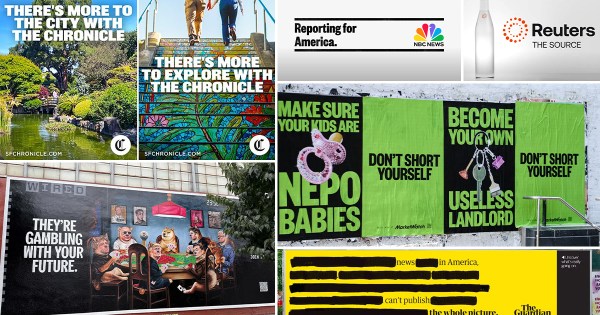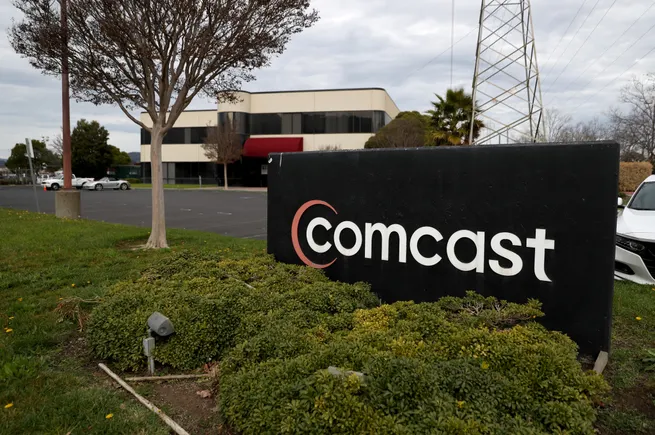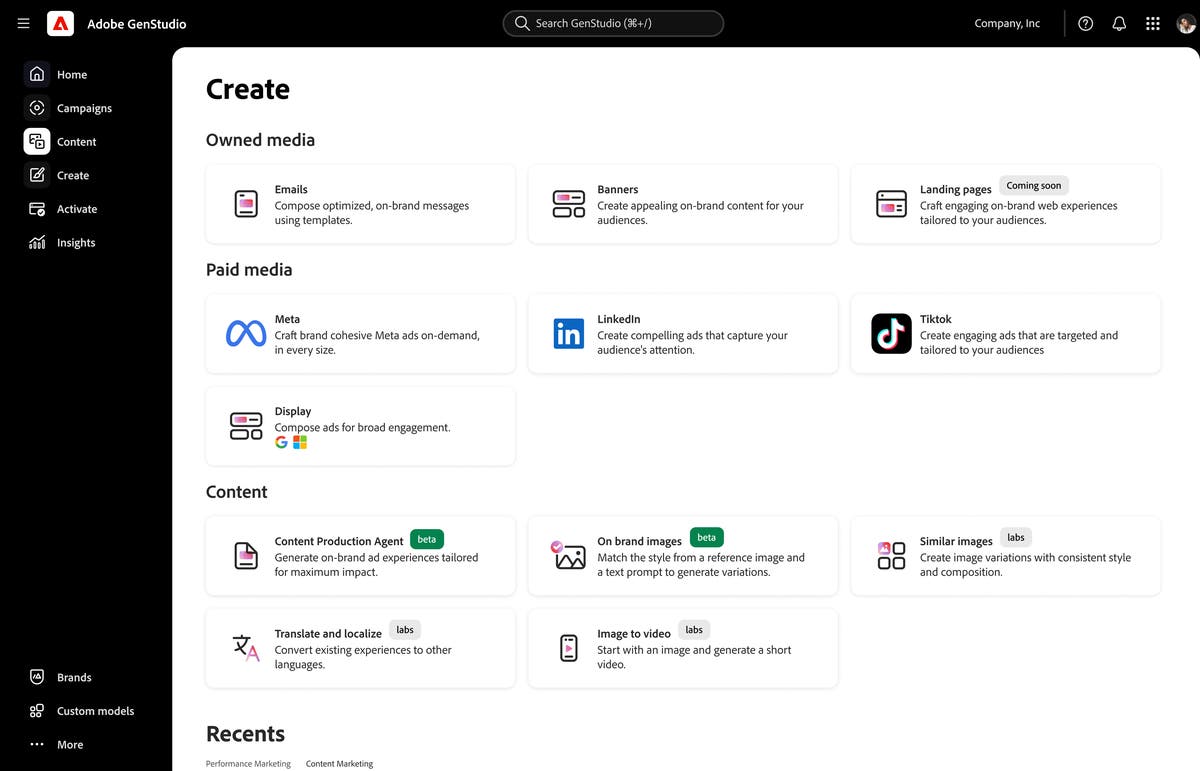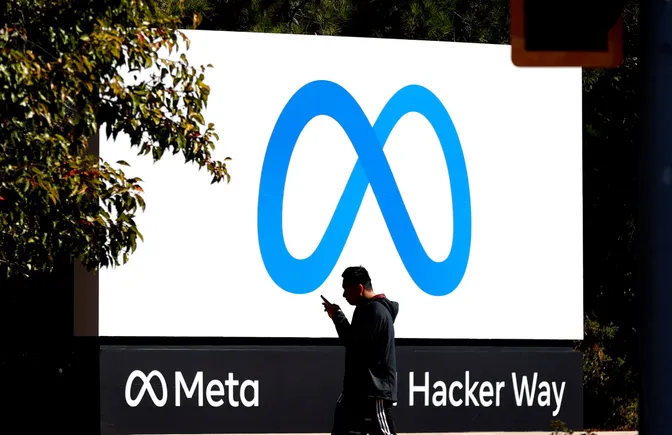A Surge in Publisher Brand Campaigns
In recent months, a growing wave of prominent publishers have launched brand marketing campaigns—many for the first time in their histories. These initiatives aim to raise consumer awareness and trust through creative strategies deployed across digital, social, and physical platforms. Among the companies embracing this shift are Hearst, NBC News, Reuters, Wired, MarketWatch, and The Guardian.
Hearst Corp. marked a milestone earlier this year by appointing PMG as its first-ever agency of record. The collaboration began with campaigns for the Houston Chronicle and San Francisco Chronicle and has since expanded to include other titles in Hearst’s portfolio. The campaigns are expected to continue into the next year.
In September, Wired rolled out its first national brand campaign, aligning with its politics issue. The Guardian followed suit with “The Whole Picture,” a wide-reaching campaign across subways, billboards, and digital spaces. MarketWatch, a News Corp. brand, also debuted its first campaign in 28 years, targeting younger demographics with bold aesthetics and witty messaging.
NBC News and Reuters Break New Ground
This week, two more publishers joined the trend. NBC News launched its first brand campaign in history, focusing on building trust through widespread visibility. Although NBC has traditionally promoted individual franchises, this marks its first unified brand awareness effort, according to Dana Klinghoffer, NBC’s senior vice president of communications.
Reuters is also making headlines, preparing to unveil only its second brand marketing campaign in 174 years. The first was launched in 2021, making this a rare move for the iconic newswire service.
Why Now? Shifting Audience Behavior
The surge in brand campaigns reflects a broader industry recognition: news consumption habits are evolving. With referral traffic from social platforms declining and AI disrupting traditional search engines, publishers are pivoting to proactive engagement strategies. According to Mark Silver, senior director of strategy at Code and Theory, publishers can no longer rely on organic discovery through third-party platforms.
MarketWatch’s campaign is a case in point—it was designed to resonate with Gen Z, a group less familiar with legacy news brands. The campaign used vibrant colors and clever copy to attract young, financially curious readers. “Consumers now make decisions based on brand identity,” Silver noted. “You have to actively tell your audience who you are.”
AI Disruption and Strategic Positioning
Artificial intelligence is another force shaping the landscape. As AI firms increasingly rely on publishers’ content to power answer engines, brand visibility becomes a bargaining chip. Several publishers, including The New York Times and Vox Media, have already signed licensing deals with AI companies. However, a standardized compensation framework for smaller publishers remains lacking.
Chris Kelly, CEO of Upwave, argues that brand awareness could influence the perceived value of a publisher’s content. “If Reuters is top-of-mind for users, an AI engine without Reuters data is inherently less valuable,” he said. These campaigns help elevate a brand’s market stature during crucial negotiations with tech firms.
Building Trust in a Volatile Environment
Beyond AI, the media industry faces mounting external pressures. Former President Trump has launched legal actions against several major outlets, including NBC News and The Wall Street Journal. Trust in media continues to decline, making reputation management more vital than ever.
The recent campaigns by NBC News and Reuters are specifically designed to rebuild audience trust. More broadly, all these efforts aim to increase emotional affinity with audiences, a critical factor in public perception and long-term sustainability.
Subscription Models Drive the Strategy
Each of the publishers launching brand campaigns also operates a subscription-based model. Whether it’s The Guardian’s donation-driven approach or Reuters’ newly launched digital subscriptions, these companies are focused on converting awareness into revenue. NBC News is expected to roll out its own subscription service soon.
Hearst’s David Carey emphasized that these efforts are about “preparing the ground” for future subscriber growth. Chris Kelly added that even though the ROI on brand campaigns is less tangible, the long-term payoff is significant. “These are strategic investments upstream of performance marketing,” Kelly explained.
Tangible Benefits of Intangible Assets
Brand equity may be hard to quantify, but its value is undeniable. A compelling example is Hearst’s recent acquisition of The Dallas Morning News. Despite a higher offer from a private equity firm, the publication chose Hearst, trusting its legacy and journalistic values. This decision underscores how reputation can yield concrete strategic advantages.
Notably, all the publishers running these campaigns benefit from stable, long-term ownership. From the Roberts family at Comcast to the Murdochs at News Corp. and the trust-based structure of The Guardian, these entities are equipped to make patient, future-focused investments.
As Carey pointed out, such campaigns may inspire smaller publishers to find scalable versions of these initiatives. “Consumers are aware of news brands,” he said. “But sometimes they need a reminder of why that awareness matters.”
This article is inspired by content from Original Source. It has been rephrased for originality. Images are credited to the original source.








